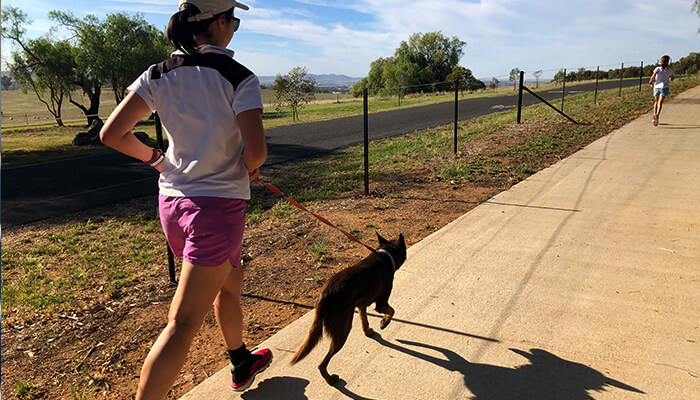Discover essential tips and tricks for supervising medical students in rural placements. Learn how to involve students in patient care, engage them in the community, and balance your responsibilities effectively with ACRRM's comprehensive guide.
This guide was created by the ACRRM Future Generalist Committee who represent the interests of medical student and intern/resident members of the College.
"This guide has been curated by the Committee based on our experiences that instilled a love for general practice and rural generalism."
Dr Jasmine Davis
Roles of a supervisor
As a supervisor, you play a crucial role in the educational journey of medical students and junior doctors. You not only impart knowledge but also serve as a role model, often inspiring students to pursue similar career paths.
Key responsibilities include:
- Providing student orientation to the health service.
- Role modeling clinical interactions with students observing.
- Observing students conducting their own clinical interactions.
- Conducting student assessments and providing feedback.
- Exposing students to broader aspects of rural generalism, including allied health roles, hospital work, community outreach, research, and education programs.
- Being a professional role model to assist in career development.
How to involve your student in patient care
Active participation in patient care is essential for bridging the gap between theory and practice and foster clinical skills.
By implementing these strategies, you can help create an engaging and enriching learning environment for medical students, preparing them for the challenges and rewards of primary care practice.
Here are our top 8 tips for effective student involvement:
History Taking and Examinations
Allow students to participate in history taking and physical examinations. Encourage them to formulate differential diagnoses based on gathered information.
Parallel Consulting
Engage students in parallel consulting where they present cases to you and discuss findings and management plans.
Practical Skills
Provide opportunities for students to practice skills such as writing prescriptions, ordering investigations, and referrals.
Procedures
Allow students to observe and perform simple procedures under supervision, like ECGs, lesion excisions, or cervical screenings.
Avoiding "Pot Plant" Syndrome
Avoid letting students become passive observers. Encourage questions and challenge them to actively participate in case discussions.
Interprofessional Collaboration
Encourage interaction with other healthcare professionals to foster interdisciplinary communication.
Balancing Independence
Gradually increase students' responsibilities to build their confidence and sense of ownership over patient care.
Feedback and Reflection
Offer regular constructive feedback and encourage reflective practice.
Parallel consulting
Parallel consulting (or 'wave' consulting) is an effective way to facilitate learning in general practice. It involves students seeing patients independently in their own consulting room, performing history and examinations, and presenting cases to you for collaborative discussion and feedback.
The only requirements are that you have a spare consulting room for the student, and a well-organised appointment schedule that allows you to join the student when required. An example of this is provided below.
| Time | Supervisor | Medical student |
| 9:00 | Patient X | Patient A |
| 9:15 | Patient Y | Patient A |
| 9:30 | Join student with Patient A | Present Patient A to supervisor |
| 9:45 | Patient Z | Finalise management and notes |
Community involvement

Helping students feel engaged with the community can enhance their rural practice experience. Suggestions include:
- Advising on fun local activities.
- Recommending the best places for coffee (particularly important).
- Involving students in practice-organised social events like pub trivia or Friday drinks.
- Inviting students to participate in local social events like Parkrun, sports teams, or theatre clubs.
Where to seek help
Supervising students while running a busy clinic can be challenging. If you need support or clarification, contact the student's university, the health service, or the ACRRM team. Remember, a well doctor is a good supervisor. If you need a break or to manage your workload, be honest with your student or junior doctor and delegate tasks accordingly.
By implementing these strategies, you can create an engaging and enriching learning environment, preparing medical students for the challenges and rewards of rural general practice.
For further guidance, check out our rural placement tips and tricks for students and prevocational doctors, or contact the Future Generalist Committee by emailing futuregeneralists@acrrm.org.au

